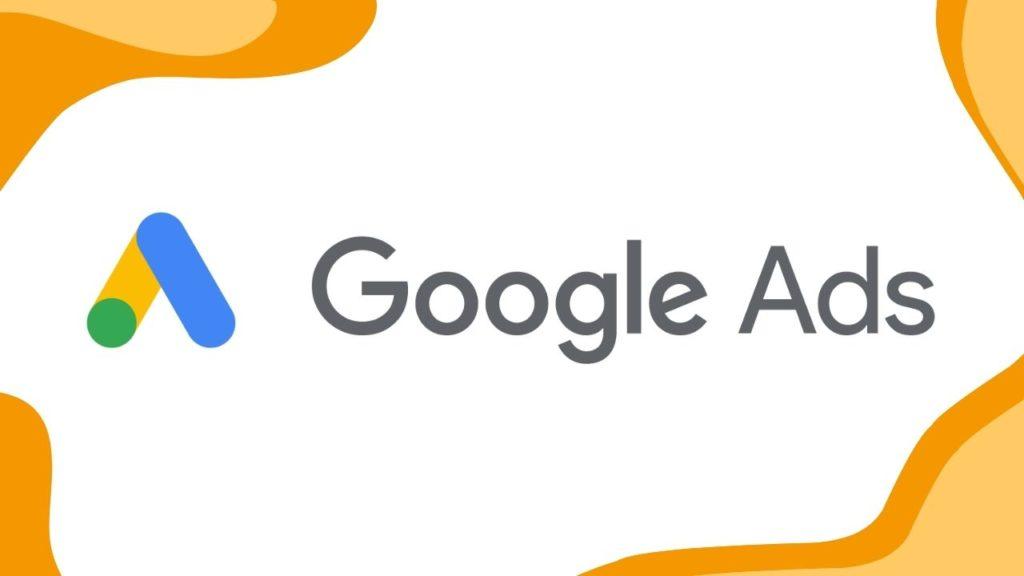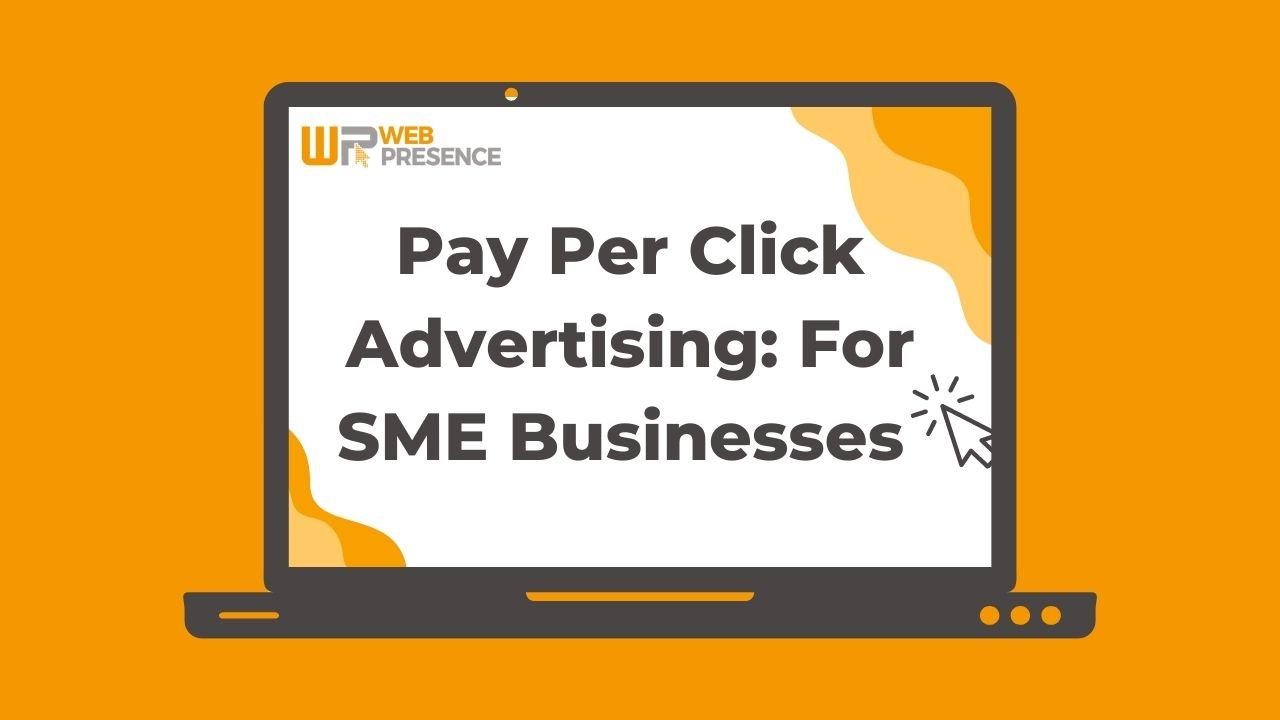With our world moving more and more towards automation, should you be letting Google take the reins when it comes to your pay-per-click (PPC) campaigns?
In this blog, we are going to break down the positives and negatives of manual and automated PPC advertising, as well as give you more of an understanding of how they work. Then, you can make an informed decision about your marketing campaigns.
Lets Start with Manual PPC
Manual PPC campaigns allow you to set bias at the keyword level, meaning that you have full control over what you do and don’t bid for.
Unlike automated PPC, manual PPC won’t just ‘do whatever it takes to get you the click or conversion’. Therefore, it allows you a lot more control over your spending and is a great way to maintain control over your campaign if you only have a limited budget that you want to spread evenly across a range of keywords, ad sets or ad styles.
Pros of Manual PPC
- Complete control
- Can limit your budget to spread your spending more evenly
- Ability to completely customise your PPC campaign
Cons of Manual PPC
- Time-consuming
- Requires experience running a PPC campaign to understand how to make judgement calls
- You can limit the insights you get from the data
- Requires constant tweaks/attention
- Human error is a big possibility
What about Automated PPC?
Automated PPC allows you to set up and start straight away. It is a lot less time-consuming than manual PPC and involves machine learning as part of its data analysis. Artificial intelligence systems learn from the data collected, identify patterns and make decisions for you with minimal human interaction.
Automated PPC gives your ads the highest chance of being clicked because it compiles learnings to make a fully formed decision on which keywords are the best to bid for, according to the previous activity in the ad account.

Pros of Automated PPC
- Automation does the majority of the work for you
- Ability to run more ads without having to invest more time
- Instantly improve your ad copy
- Gather data from several sources and turn them into easy-to-read reports.
Cons of Automated PPC
- Need to check that the ‘close-enough’ keywords are being picked up as well as the main keywords or you may miss out on relevant traffic
- Automated PPC requires a learning phase to understand the behaviours of your users making it less effective for shorter campaigns
- Instead of having granular control over the bids on certain keywords, automated bidding strategies automatically favour the big performers, which can lead to some of them cannibalising the budget
In Summary…
So, realistically the choice between manual and automated PPC is dependent on a few factors: the time you have to spend, your previous experience, your budget, and the length of your campaign.
After you have considered all of these aspects you can make an informed decision as to which type of PPC advertising would work best for your business.
Still more you want to know? Get in contact with one of our PPC experts to hear how PPC advertising could work for you.




